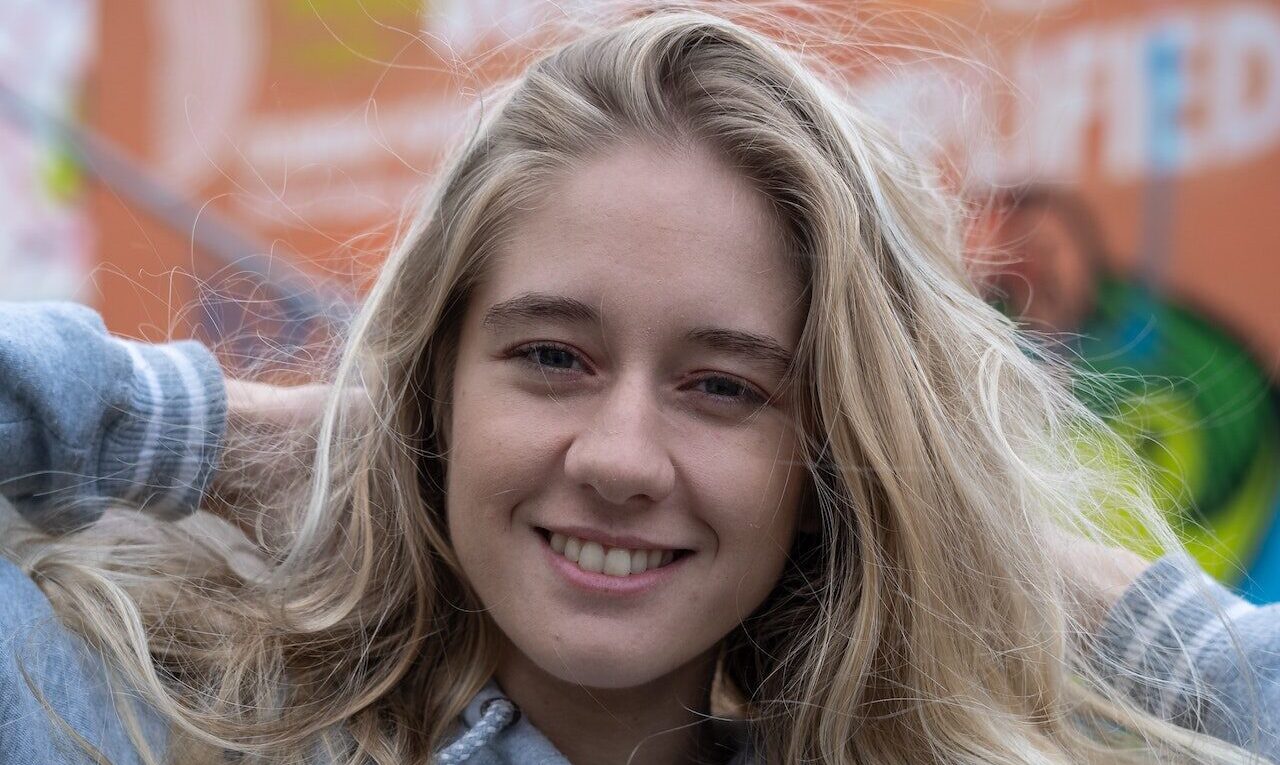In a recent podcast episode I recorded with Dr. Ellen Braatan, the Director of the Learning and Emotional Assessment Program at Massachusetts General Hospital, we discussed the topic of the mental state of kids with anxiety during the pandemic. Ironically, we noted, many kids with anxiety seem to be thriving in the pandemic culture.
Among several explanations to explore is that in causing a great deal of anxiety for students who wouldn’t be typically suffering from these fears spun out of control. In that way, the pandemic has sort of ‘leveled the playing field,’ so to speak. This shift actually empowered kids with anxiety previously, and especially those who were in the process of building tools to combat it. After feeling burdened by conditions that put them behind their peers, they suddenly found themselves in pole position in the pursuit of social-emotional development. In long suffering kids, that personally filled my heart with joy for them. So many of them have suffered in the shadows for a long time.
The other primary reason for their lift is the complete eradication of the stigma surrounding anxiety. While the rising epidemic of anxiety along with greater social consciousness was already doing this work previously, Covid-19 accelerated the process. Now, it almost seems like the statement, “I suffer from anxiety” is a common expression, a ‘more common than not’ condition, one that students now own almost with pride. In fact, the more students own this mental state, the more empowered they become.
I find this inversion strangely fascinating. Though the pandemic has had so many deleterious effects for all of us, it’s good to pause and acknowledge its positive effects. Kids with social anxiety, anxiety surrounding learning differences, perfectionists and those with specific phobias have all actually benefited from these unique circumstances. To them, these circumstances were already quite familiar in many ways.






